What is food addiction?
Food addiction is a disease which causes loss of control over the ability to stop eating certain foods. Scientifically, food addiction is a cluster of chemical dependencies on specific foods or food in general; after the ingestion of high palatable foods such as sugar, excess fat and/or salt, the brains of some people develop a physical craving for these foods. Over time, the progressive eating of these foods distorts their thinking and leads to negative consequences which they do not want but cannot stop. If someone eats when they really do not want to or if they persistently eat more food than their body needs, or eat in a way that they know is not good for them, they may be a food addict. There are a number of tests and questionnaires for assessing food addiction.
Not all overweight people are food addicts, and not all food addicts are overweight. Obesity, eating disorders and chemical dependency on food are three very different medical problems. Some have only one of these medical problems, though it is not unusual for people to have all three. Since 1995, there have been a number of lines of scientific research that have established evidence of chemical dependency on food. There are a number of other lines of scientific investigation which could illuminate the complexity of food addiction. It is now clear that clinicians view food addiction as not just as one bio-chemical illness but rather as a cluster of several different chemical dependencies and other disorders.
Food addiction is a progressive disease. Different food addiction informed approaches are required at each stage of the disease. Recovery is possible and long term recovery is available with abstinence from certain foods that operate like substance abuse.
It is important to be able to recognize food addiction early and identify what stage of the disease one is currently experiencing.
Stages of food addiction
It is possible to be a food addict without having any obvious symptoms of food addiction. In the stage prior to food addiction presenting as an issue, food addicts are often unaware that they have a problem since food often seems more like the solution to life’s stresses and challenges than the problem. The main problem usually begins with a lack of good education about food addiction.
Pre-Disease
No sign of abnormal eating or reactions to specific foods. If no dependency or pathology develops, this stage will continue through the person’s entire life. Prevention: Education about food addiction and food addiction informed training and community, especially if there is addiction in the family tree. Ongoing checks for signs of chemical dependency. Moderation in eating, especially commonly addictive foods, e.g. sugar, caffeine, excess fat, alcohol, drugs.
Early stage
In the early stages of food addiction, what becomes apparent are problems with weight management, cycles of weight gain followed by dieting, weight loss, and weight gain again. Occasionally binge eating on sugar, excess fat, or volume. Could be early-stage food addiction or a normal eater making unhealthy choices.
Middle
In the middle stages of food addiction, behavior may include frequent binge eating and grazing. Purging or severe reactions may begin. Rationalizing before eating, guilt afterward. This could be either advancing food addiction or an emotional problem eater with a psychologically based eating disorder.
Late stage
The late stages of food addiction brings serious consequences from overeating – morbid obesity. Type II diabetes, chronic depression and/or spiritual disillusionment, and eating anyway. Food no longer provides comfort, escape, oblivion, etc. Loss of control, increasing tolerance.
Final stage
Final Stage Severe consequences – hospitalization for heart attacks, suicide attempts, lost jobs or inability to work, ruined relationships, treatment and/or intestinal surgery followed by relapse, housebound or confined to nursing homes. Primary Inpatient or Residential Treatment: Given the lack of any hospital-based inpatient treatment for food addiction, alternatives include Turning Point of Tampa, Milestones, Shades of Hope, SHiFT Acorn Intensive program. This is sometimes insufficient.
Death
The last stage of food addiction is death. The death rates for food addicts are probably similar to those for obesity: statistically, active food addicts can expect to die five to ten years before their healthier counterparts, and more importantly, the last stages of life for the active food addicts can be very painful physically, emotionally and spiritually.